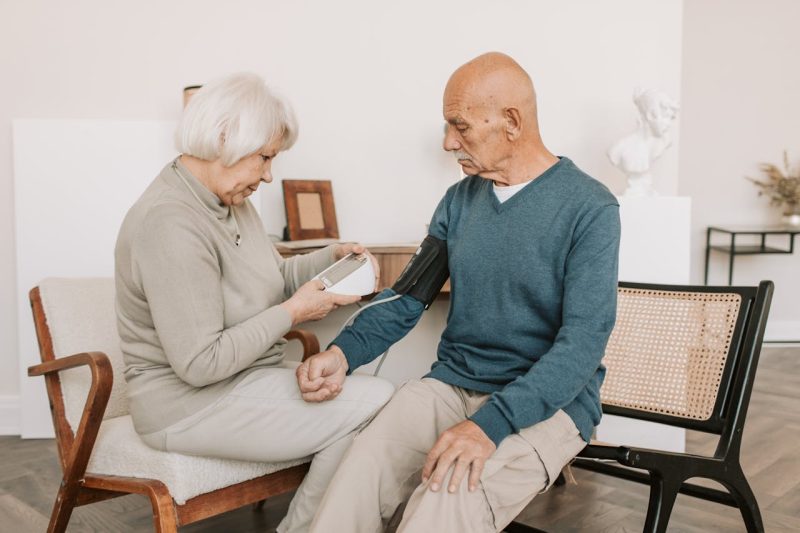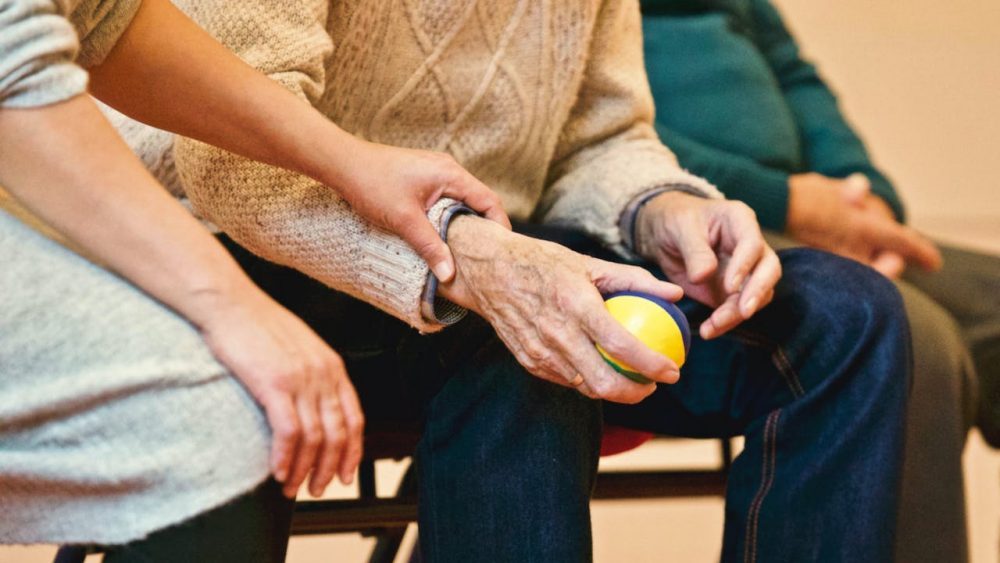Not everyone can easily recover from a loss of a dear one! Sometimes the grieving person develops an intense longing for the deceased, which is known as the ‘prolonged grief disorder.’ Children usually take 6 months and adults take 12 months to recover from the loss of a dear one.
If the grieving extends longer than the normal time and you notice the following signs then you should visit a psychologist:
- Identity disruption
- Feeling that life is useless
- Avoiding reminders that the person is dead
- Intense emotional pain such as anger or sorrow related to the death
- Difficulty moving ahead
- Emotional numbness
- Feeling intense loneliness

Pixabay/Pexels | Talk to the kids fighting with grief and try to make them happy
What To Do If Someone Is Going Through Prolonged Grief?
If you notice the above symptoms in a friend or family member who is trying to cope with a loss of a dear one, talk to them and make them comfortable. Let them know you are there for them instead of trying to solve their problems immediately. If you notice these symptoms in yourself, connect with a friend or family member you are close to for support. You can also visit a mental health professional. Psychologists, clinical social workers, and counselors can help you with your problem.

Cottonbro/Pexels | Psychologists can help you fight mental disorders
Treatments For Disorder
Psychotherapy, also known as talk therapy, is used to treat many disorders, including prolonged grief disorder. According to Torres-Mackie, a clinical psychologist, mental health professionals may use the following techniques to treat the disorder:

Shvets production/Pexels | Sometimes a hug can do much more good than you can imagine
- Cognitive-behavioral therapy (CBT): This therapy treats patients by making them aware of the negative thought patterns that make it hard to deal with grief.
- Complicated grief treatment is a treatment method that aims to help patients see a meaningful future again.
- Grief and trauma intervention for children (GTI) is a treatment designed for kids between the ages of seven and twelve. The treatment is for kids experiencing post-traumatic stress caused by disaster, violence, or witnessing a loved one facing violence.
The success of the treatment depends on the type of loss the person who’s suffering has experienced, the person’s relationship with the deceased, and the amount of time passed are also taken into account.















